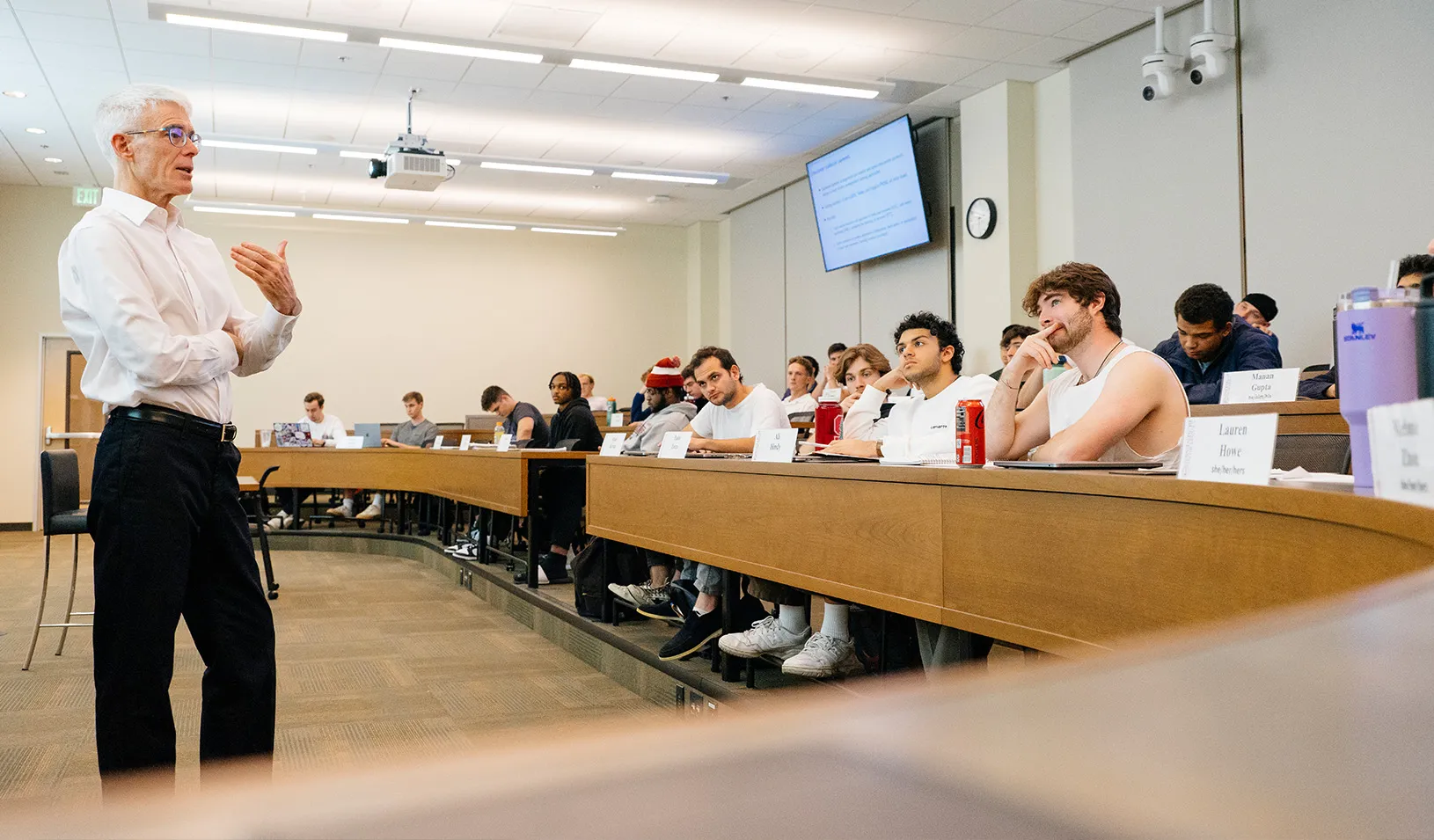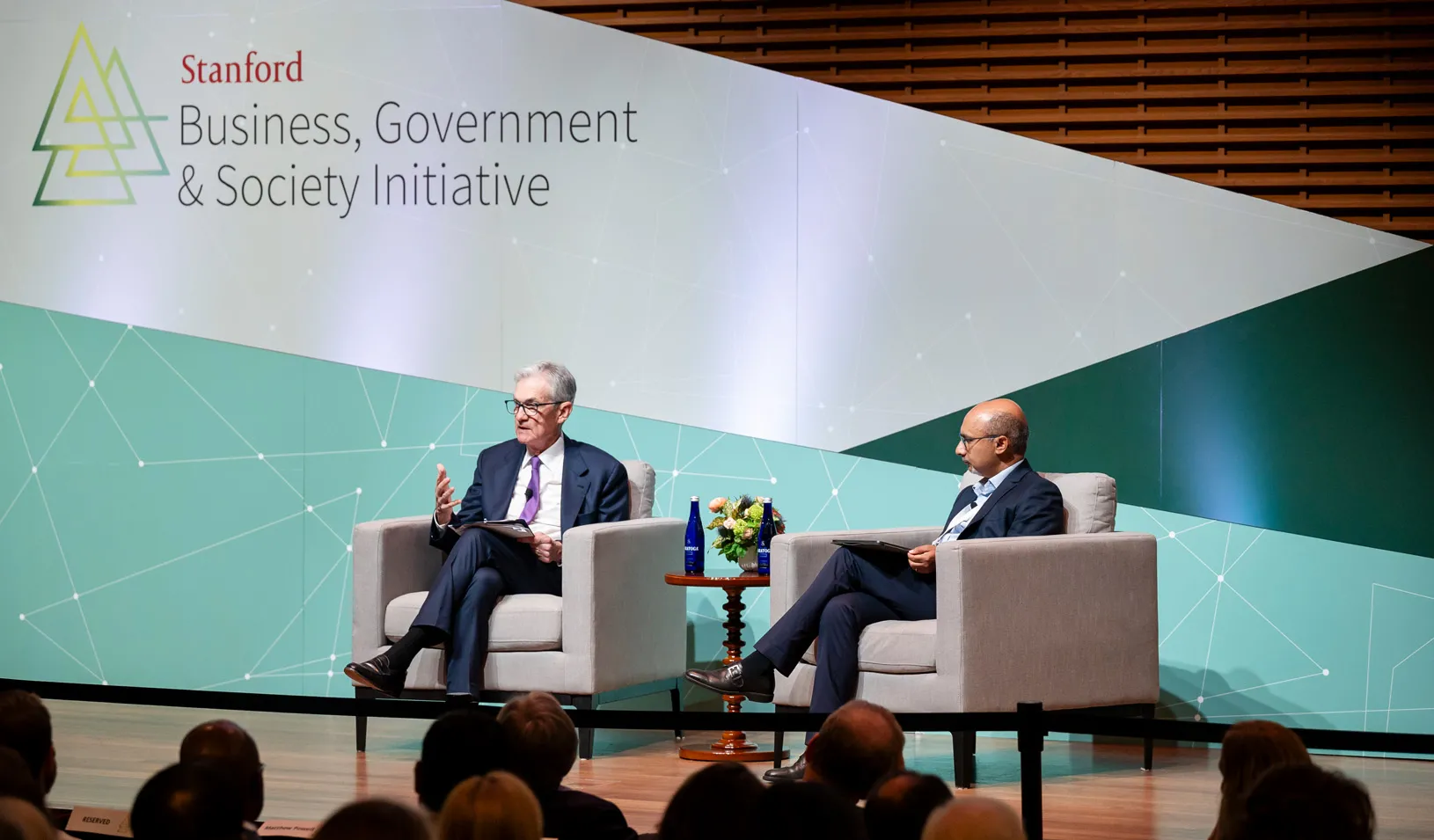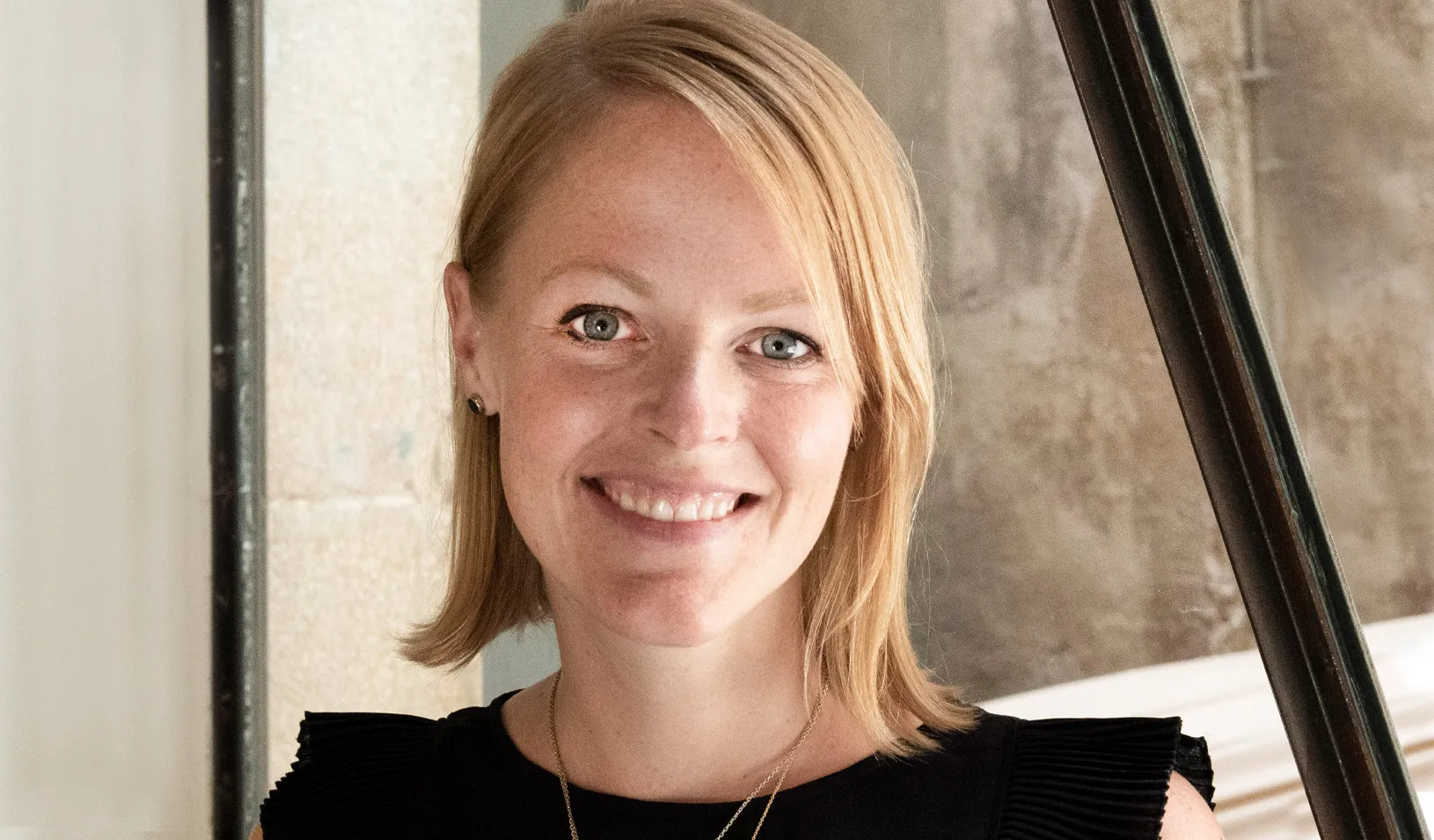Hard Lesson: How to Land Safely When a Firm Won’t Fly
Amanda North, MBA ’82, looks back on the painful experience of shutting down a business that had once been her dream.
July 31, 2020

Amanda North’s mission was to help artisans in the developing world sell products to buyers “who would fairly value their exquisite handicrafts.” | Tina Conway
December 2017. Horizontal rain lashed the loading dock of the forlorn warehouse overlooking San Francisco Bay. I loaded my car with what was left of the company that had been my dream. Silk pillows from Cambodia. Alpaca throws from Bolivia. Hand-painted bowls from Tunisia. Earlier that day, I had waited in our deserted office/showroom for the Craigslist crowd to haul away our carefully selected furnishings: now $25 for a chair, $30 for shelving. The espresso maker, my first purchase, came home with me.
These sound like scenes from a bad movie, but I had been in love with my business, Artisan Connect, and what it stood for. It fused my interest in the world outside our doorsteps with my skills — and with my desire to make the world a better place. I’d launched it four years earlier with $1.5 million from longtime colleagues and supporters. Our lofty vision was to help sustain artisans across the developing world by creating an online marketplace where they could reach American consumers.
Editor’s Note
As part of an ongoing series, Stanford Business magazine asks alumni to write about their biggest business failures and what they learned from them.
Amanda North, MBA ’82, is the founder and CEO of Plan C Advisors, a consulting firm that helps business leaders address climate change by mitigating risks and building value for stakeholders.
The idea sprung from tragedy. My daughter and I were at ground zero in the 2013 Boston Marathon bombing and miraculously escaped serious injury. That harrowing incident caused me to rethink my career as a tech marketing executive. Encouraged by my daughter, I refocused on how I could pursue my passions and purpose.
Our mission at Artisan Connect was to provide income to people in rural villages by connecting them with buyers who would fairly value their exquisite handicrafts. However, I brought no direct background in the core areas of logistics and e-commerce, and I underestimated how difficult and costly it would be to source from far-flung regions.
I also attempted to build an engaging online brand at a time when the e-commerce world was changing radically. Free shipping and returns proved to be an insurmountable challenge for Artisan Connect. Then there were the common concerns of every startup: hiring people who had key skill sets I lacked and who would also fit the ever-fluid nature of a startup — and where to find my next round of funding, especially given the nascent nature of social impact investing.
As a private pilot, I’ve been trained to always trust the instruments. Looking ahead, I realized that, though we were making steady progress, our revenue growth was too slow to take flight. I made the painful decision to shut down the company while we still had cash in the bank, effectively belly-landing the airplane. I helped my employees find new jobs, and I donated the company to a nonprofit to continue our social mission and provide my investors with a write-off. They kindly said they’d invest in me again.
My current company, Plan C Advisors, provides board directors with the strategic insights they need to catalyze climate action in their companies. I’ve assembled a global team of independent consultants with C-suite experience. We are completely virtual. We have no overhead and are bootstrapping the business. A shared passion for making the biggest impact we can on this vital topic drives us, but no one is financially dependent on me. That’s what used to keep me up at night.
Looking back on my career, I realize that what matters most to me is not financial success but the impact I make. Of course, I hope that Plan C thrives financially, but I measure our success by each business leader we inspire to drive climate action in their organization, helping to create a more healthy, just, and sustainable world for all.
For media inquiries, visit the Newsroom.
Explore More
Back to Class: Pathfinder

Business, Government, and Society Forum Looks at New Demands on Leadership

Erin Nixon Joins Stanford GSB as Assistant Dean of Admissions
